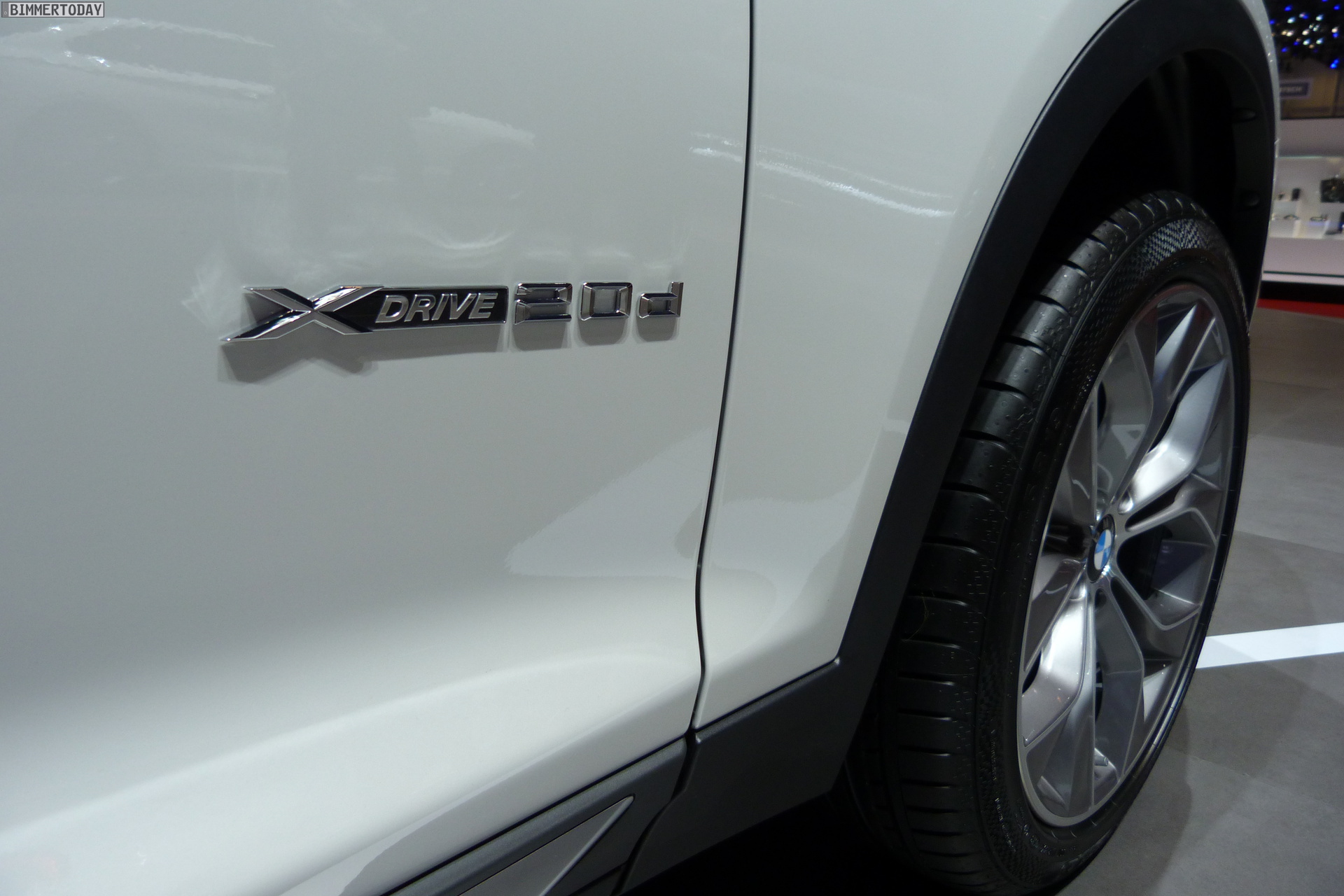Nearly a decade after the Volkswagen emissions scandal shook the global automotive industry, BMW finds itself under regulatory scrutiny. The Federal Motor Transport Authority (KBA), Germany’s automotive regulatory body, issued a statement today they identified an unauthorized shutdown device in certain diesel models of the BMW X3. This device, which allegedly compromises the vehicles’ emissions control systems, specifically affects models produced between 2010 and 2014 equipped with the N47D20 diesel engine.
The discovery impacts approximately 33,000 vehicles in Germany and an estimated 100,000 to 150,000 vehicles across Europe, according to a BMW spokesperson’s statement for FLZ.de. However, the total number of these vehicles still in use remains uncertain, and to date, the KBA’s findings have only led to an official decision within Germany. BMW has responded to the KBA’s findings by proposing an action plan that includes both hardware and software updates to address the identified issues, with implementation expected to commence in June.
The Nature of the Emission Device
The KBA’s investigation revealed that the implicated BMW X3 models exhibit a reduction in exhaust gas recirculation when the air conditioning is turned on and also under certain ambient temperature conditions. These practices, once considered within the acceptable operational range, have been deemed impermissible following the European Court of Justice’s (ECJ) recent rulings. These vehicles, therefore, improperly limit the effectiveness of their systems designed to reduce nitrogen oxide emissions.
This issue is rooted in the automotive industry’s longstanding argument in favor of a “thermal window” for exhaust aftertreatment. Manufacturers have claimed that such limitations are necessary to prevent potential engine damage. However, the ECJ has significantly narrowed the scope of permissible actions in this regard, tightening the regulatory framework governing vehicle emissions.
BMW has expressed to German media and KBA its intention to keep all legal options open, as the KBA’s decision is not yet final. The company insists that the exhaust after treatment control system in question complies with existing legal standards. Despite this stance, BMW acknowledges the potential for issues concerning the durability of certain exhaust after treatment components in the affected models. This statement comes in the wake of the ECJ’s decisions, which have prompted a reevaluation of diesel vehicle requirements and the retroactive application of standards to technologies up to 15 years old.
The Broader Context
The affected BMW diesel engines, introduced to the market in 2007 and compliant with the Euro 5 emissions standard from 2010, are part of a broader issue that predates the Volkswagen scandal. The Euro 5 standard, which set a NOx limit of 180 mg/km, was the baseline for vehicle approval in the EU until the introduction of the more stringent Euro 6 standard in September 2015, just days before the Volkswagen scandal erupted. There is no official statement from BMW yet, but we reached out for an comment on this and we will update the article as soon as we hear back.
[Source: Heise]






































































